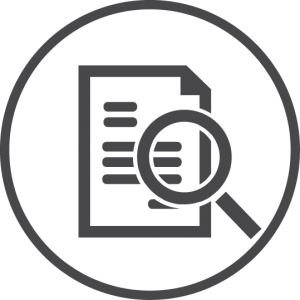In How to Write SQL we saw how to write
SQL queries as separate .sql files, and we learnt about using query
parameters with the psql syntax for that (:variable, :'variable', and
:"identifier").
For writing our database model, the same tooling is all we need. An important aspect of using psql is its capacity to provide immediate feedback, and we can also have that with modeling too.




